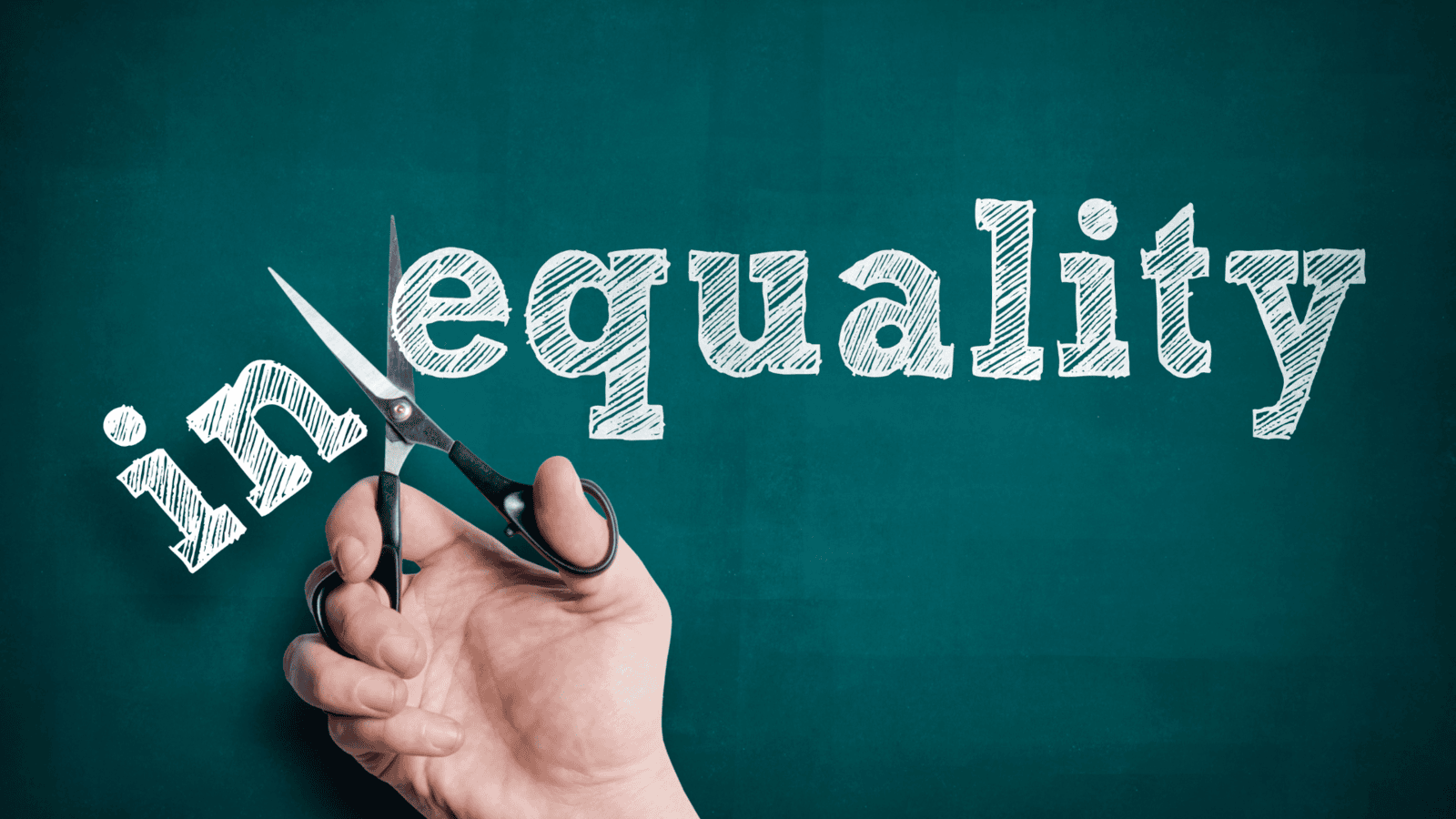
Introduction
Equality is the foundation of a just, inclusive, and progressive society. It ensures everyone, regardless of gender, race, caste, religion, or socioeconomic status, gets equal rights and opportunities. But why exactly is equality so crucial? Let’s break it down!
1. Key Benefits of Equality
| Benefit | Why It Matters | Example |
|---|---|---|
| 🌍 Social Harmony | Reduces division and promotes unity. | South Africa’s journey from apartheid to democracy. |
| 💡 Innovation & Growth | Diverse perspectives fuel creativity and economic progress. | Companies with diverse teams perform 35% better (McKinsey). |
| 💪 Empowerment | Breaks barriers for marginalized communities. | Malala Yousafzai’s fight for girls' education. |
| ⚖️ Justice & Fairness | Ensures the law treats everyone equally. | The global #MeToo movement brought accountability. |
| 🧠 Mindset Change | Shapes future generations to be more compassionate and open-minded. | Finland’s equality-focused education system. |
2. Why Equality Is Non-Negotiable
🌟 A. Promotes Human Dignity
Every human being deserves to feel valued and respected. Equality reinforces this by ensuring no one feels inferior due to their identity.
Example: The Universal Declaration of Human Rights (1948) declares that "All human beings are born free and equal in dignity and rights." This global stance inspired major civil rights movements worldwide.
📚 B. Creates Equal Opportunities
Education: When boys and girls get equal access to education, societies flourish.
✨ Fact: UNESCO reports that each year of education increases a girl's future income by 10-20%.
Workplace: Diverse teams are 35% more productive, fostering innovation (McKinsey).
Leadership: Countries with gender-equal leadership, like New Zealand (Jacinda Ardern) and Germany (Angela Merkel), show stronger, empathetic governance.
🤝 C. Strengthens Social Unity
Equality fosters a culture of acceptance and respect.
Example: Post-apartheid South Africa emerged as a symbol of unity and reconciliation under Nelson Mandela’s leadership. Despite deep racial divides, the nation rebuilt itself on the principle of equality.
💹 D. Boosts Economic Growth
Women in the workforce: If women participated equally in the economy, global GDP could rise by $12 trillion (World Economic Forum).
Equal wages: In countries with smaller gender pay gaps, like Iceland, there’s stronger economic stability.
🛠️ E. Empowers the Marginalized
Equality breaks generational cycles of poverty and oppression.
🌟 Rosa Parks sparked the Civil Rights Movement in the U.S.
🔥 Dr. B.R. Ambedkar — A beacon for the Dalit community in India, fought against caste discrimination, paving the way for Reservation Policies in education and jobs.
⚖️ F. Upholds Justice and Fairness
A society can't claim to be just if laws apply differently to different groups.
Example: The #MeToo movement shook the world, ensuring accountability for sexual harassment, proving no one is above the law.
👶 G. Shapes Future Generations
Children learn by observing. A culture of equality breeds empathy and understanding in future generations.
Example: Finland integrates equality into education, nurturing inclusive mindsets from a young age — contributing to its high global education rankings.
3. Challenges to Achieving Equality
| Challenge | Impact | Possible Solutions |
| 🌍 Cultural Barriers | Deep-rooted beliefs create resistance to change. | Education, awareness campaigns. |
| 💸 Economic Inequality | Unequal resource distribution leads to poverty cycles. | Government policies, wealth redistribution programs. |
| 🎯 Bias & Stereotypes | Gender, racial, and social prejudices block opportunities. | Promoting representation and diversity in leadership. |
| ⚖️ Weak Legal Protection | Inconsistent enforcement of equality laws. | Strengthening legal frameworks and accountability. |
4. The Road Ahead: How We Can Promote Equality
✔️ Educate and raise awareness — Change begins with understanding.
✔️ Challenge stereotypes — In media, workplaces, and communities.
✔️ Support diverse leadership — Encourage representation from marginalized communities.
✔️ Push for legal reforms — Advocate for stronger equality laws and better enforcement.
✔️ Create inclusive workplaces — Encourage businesses to adopt diversity and inclusion policies.
Conclusion
Equality isn’t just a moral principle — it’s a powerful tool to create a more compassionate, innovative, and prosperous world. From fostering human dignity to boosting economic growth, promoting justice, and empowering marginalized communities, equality benefits everyone.
Let’s strive for a world where everyone — regardless of who they are — has an equal chance to succeed and live with dignity. 🌎✨
“Equality isn’t an ideal to hope for — it’s a reality to fight for.”

